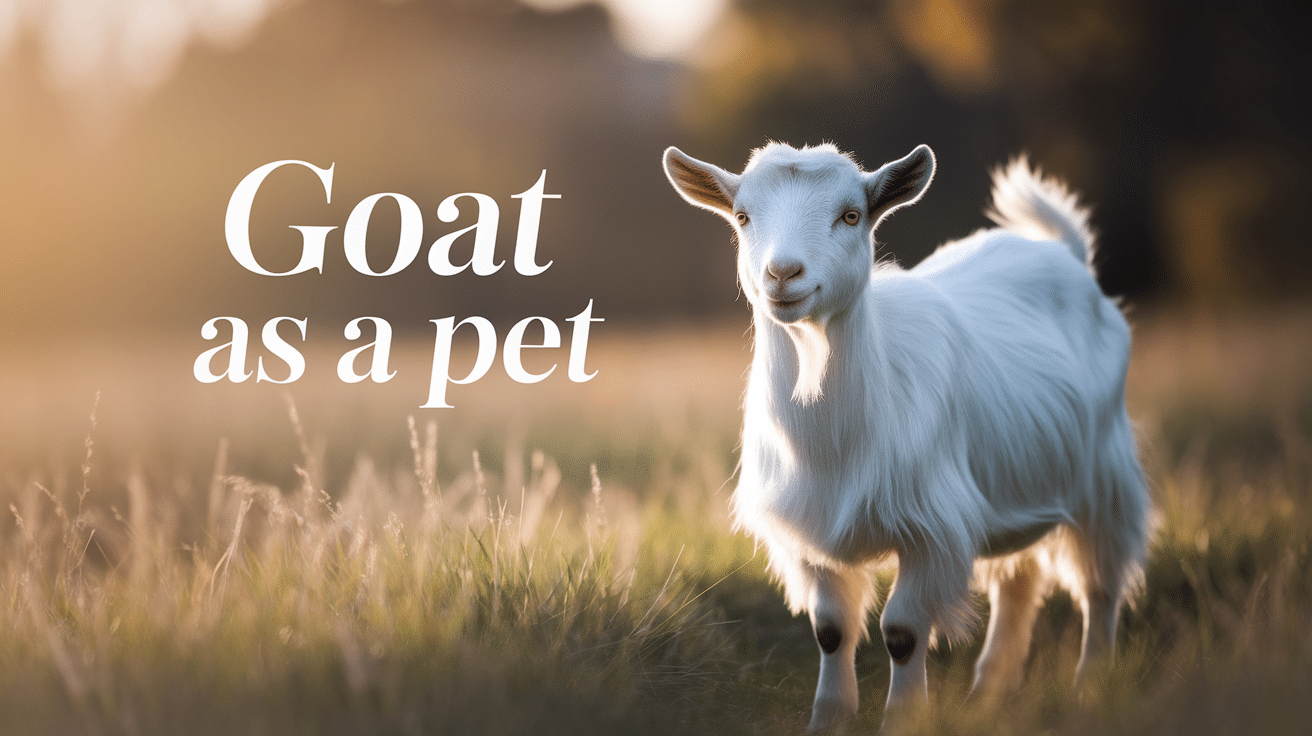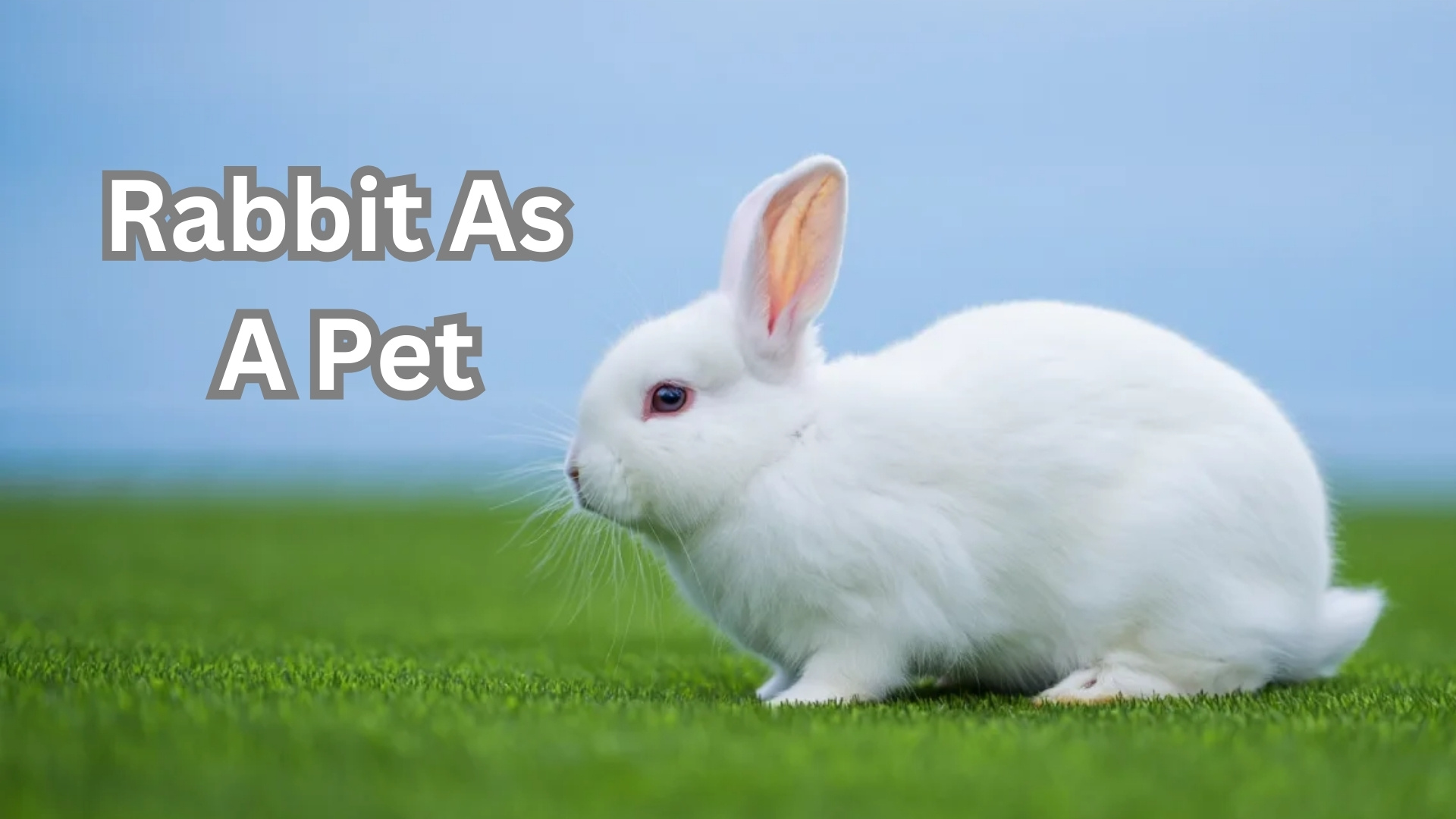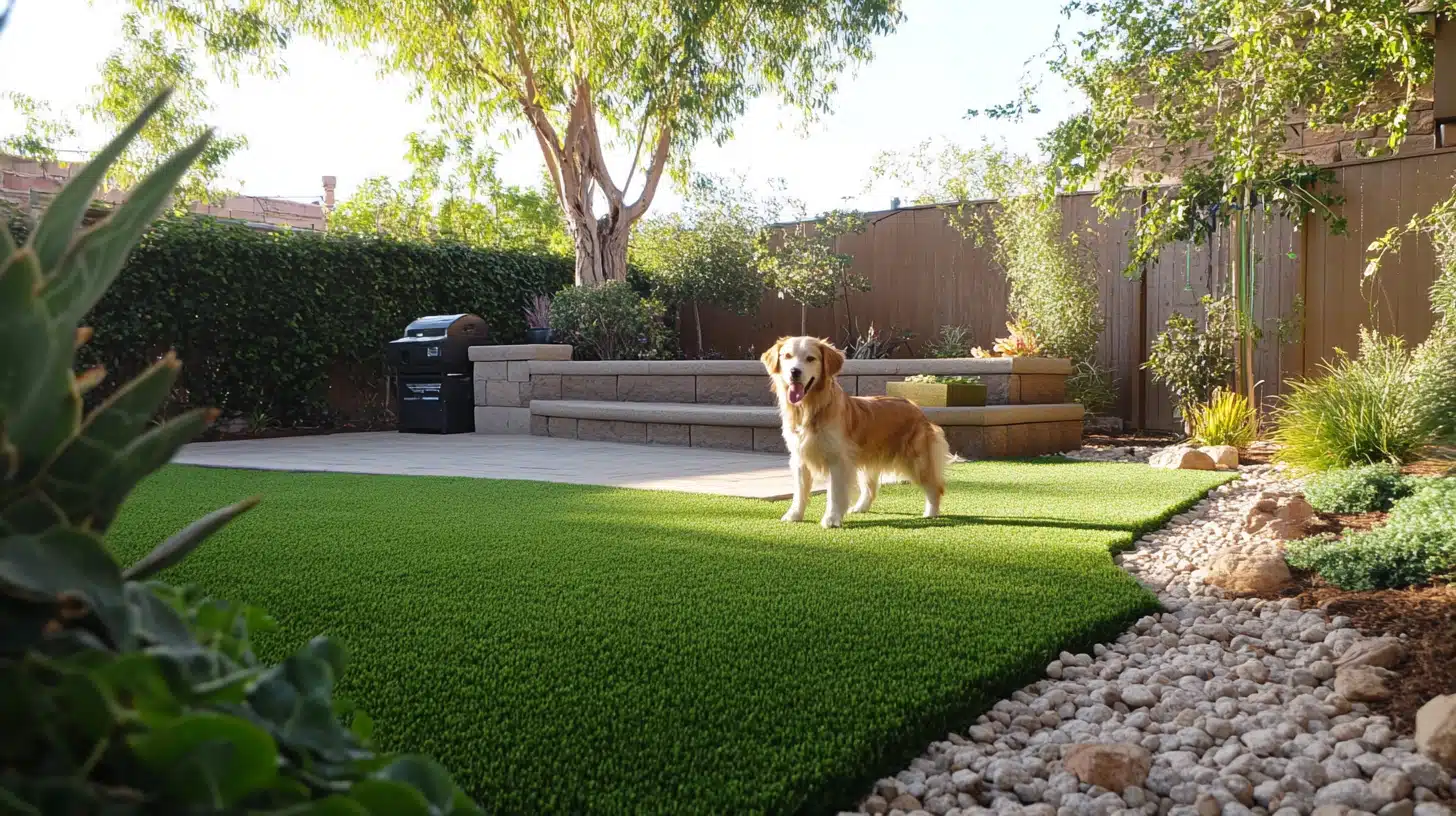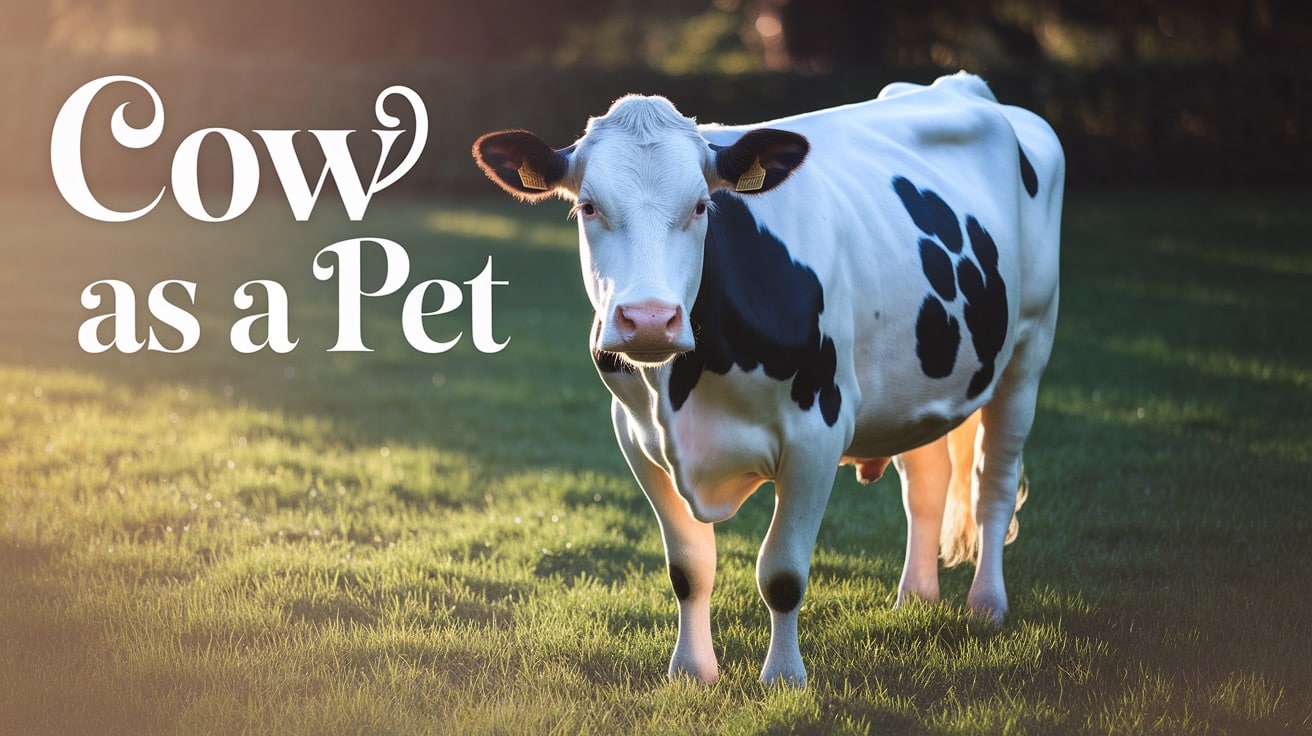
Guinea pigs are becoming more popular as pets in many homes. These small, fluffy animals are easy to care for and don’t need a lot of space. Many families choose guinea pigs because they are gentle and rarely bite.
Unlike some pets, guinea pigs are awake during the day when people are active.
This makes them fun to watch and play with. They make cute sounds and have different personalities that can be entertaining.
Guinea pigs don’t need to be walked like dogs and cost less to feed than bigger animals. As more people look for pets that fit in smaller homes, guinea pigs have become a top choice for both children and adults.
Let’s check if a guinea pig suits your home or not!
Basic Characteristics of A Guinea Pig
Guinea pigs are small, gentle rodents known for their social nature and expressive sounds. Understanding their basic traits helps ensure better care and companionship. Here are some of their traits
| Characteristic | Average Value |
| Average Weight (Newborn) | 2.5–3.5 oz (70–100 g) |
| Average Weight (Adult) | 1.5–2.6 lbs (700–1200 g) |
| Lifespan | 5–8 years |
| Common Coat Colors | White, Brown, Black |
| Body Length | 8–12 in (20–30 cm) |
| Litter Size | 1–6 pups (average of 3) |
| Behavior & Temperament | Gentle, social, vocal |
Note: These values are average estimates. Actual measurements and traits may vary depending on the guinea pig breed.
Can You Pet a Guinea Pig in the USA?
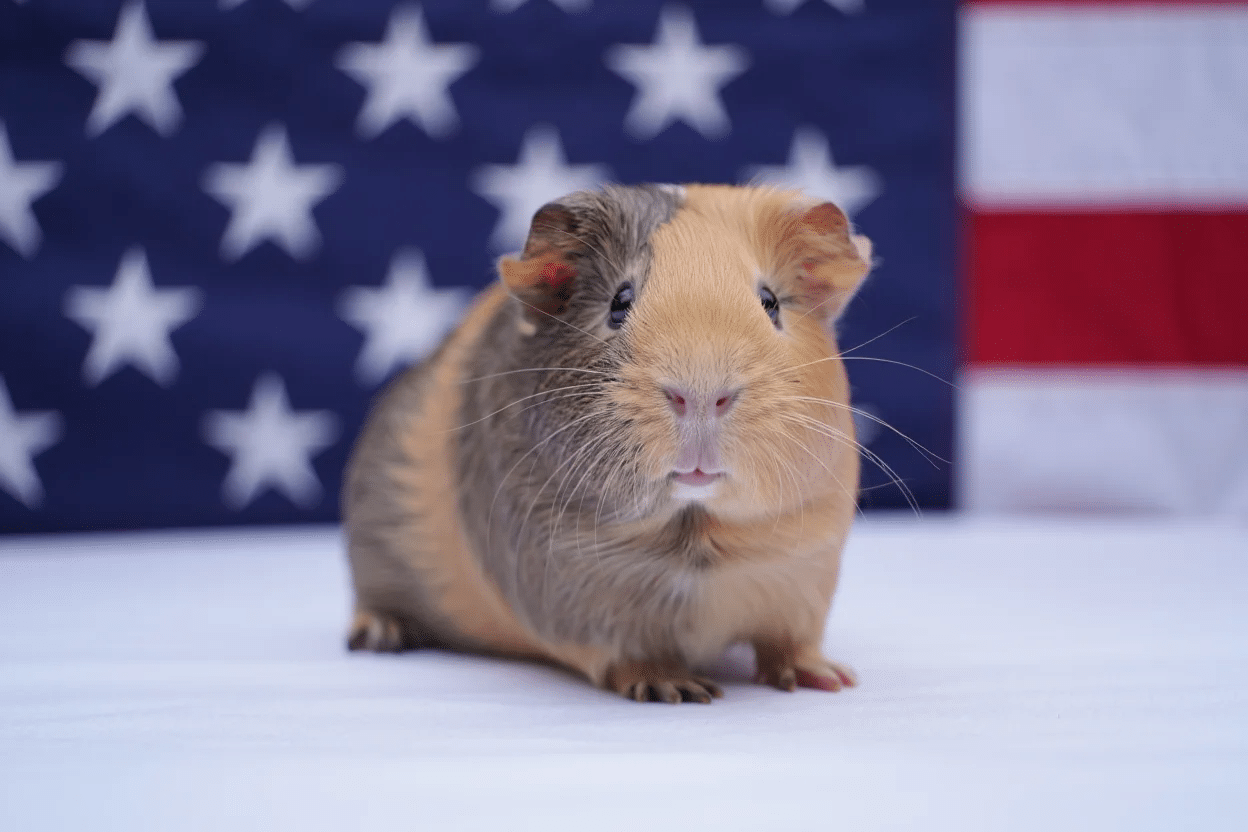
Yes, guinea pigs are legal pets in all 50 states of the USA. There are no federal laws against keeping guinea pigs as pets. However, some apartment buildings or rental properties might have their own rules about pets.
Make sure you are in touch with your landlord before adopting.
1. What to Know Before Buying or Adopting a Guinea Pig?
Guinea pigs need special care. They need a big cage, fresh food, and regular vet visits. Guinea pigs live 5-7 years, so they are a long-term pet. They need hay, fresh vegetables, and vitamin C every day.
2. Choosing Between Adoption vs Pet Store
Shelters have many guinea pigs that need homes. These pets are often already checked by a vet. Pet stores also sell guinea pigs, but they might not know about the pet’s health history.
3. What to Look for In a Healthy Guinea Pig?
If you are looking for a healthy Guinea Pig from a pet store, make sure to check the below points before petting them:
- Has bright eyes
- Has clean ears
- Has smooth fur
- Is active and alert
- Has no bumps or sores
Best Guinea Pig Breeds for Pet Owners
Guinea pigs make wonderful pets that come in various breeds. Here are some of the best options to consider.
For Beginners
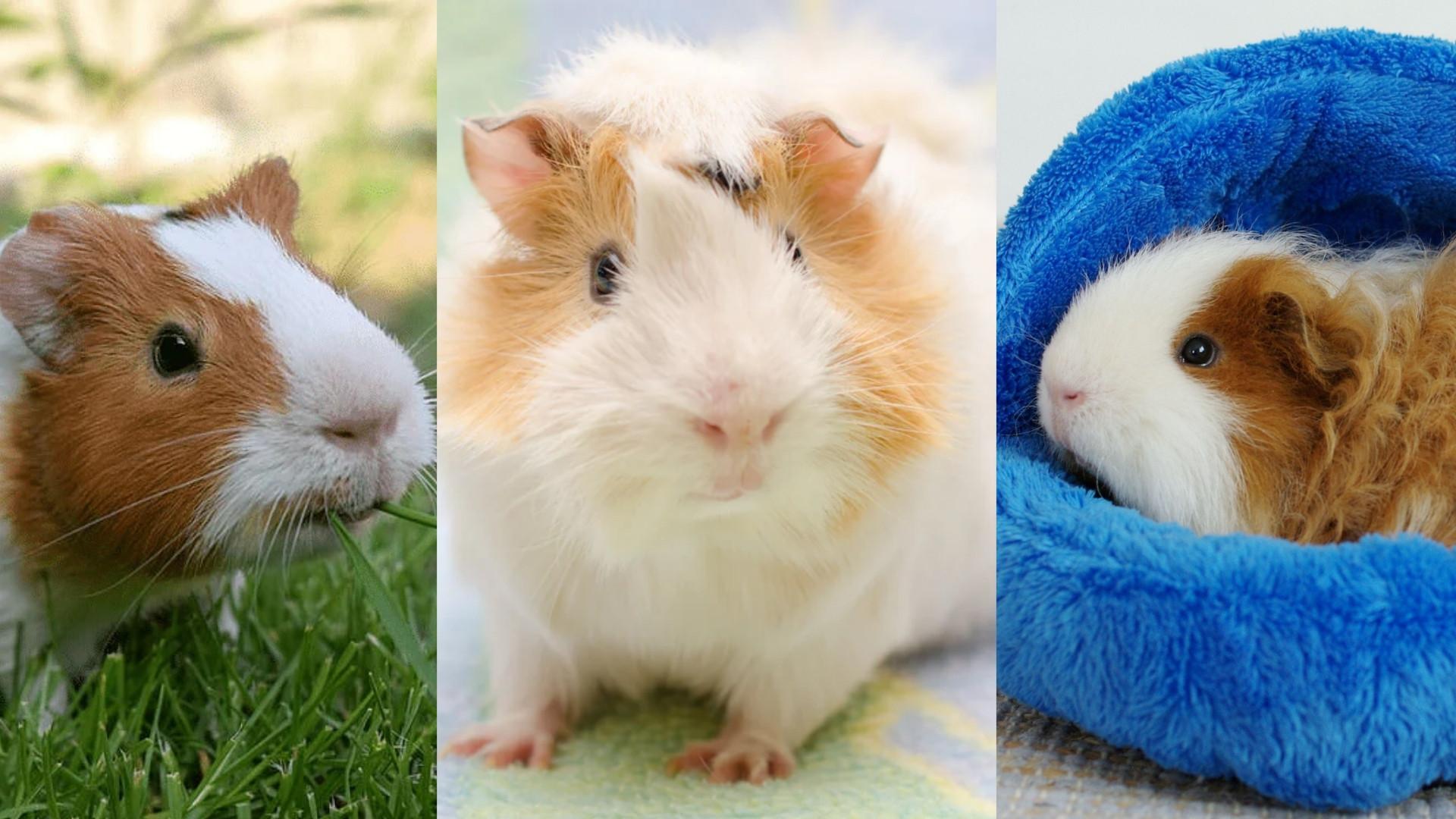
1. American Guinea Pig
Origin: United States
Speciality: Short, smooth coat that requires minimal grooming and a gentle, easy-going temperament that’s perfect for new owners.
2. Abyssinian Guinea Pig
Origin: South America
Speciality: Distinctive swirls of hair called rosettes all over their body and an energetic, playful personality.
3. Texel Guinea Pig
Origin: England
Speciality: Curly, soft coat combined with a calm, friendly disposition that makes them easy to handle.
For Unique Appearance or Personality
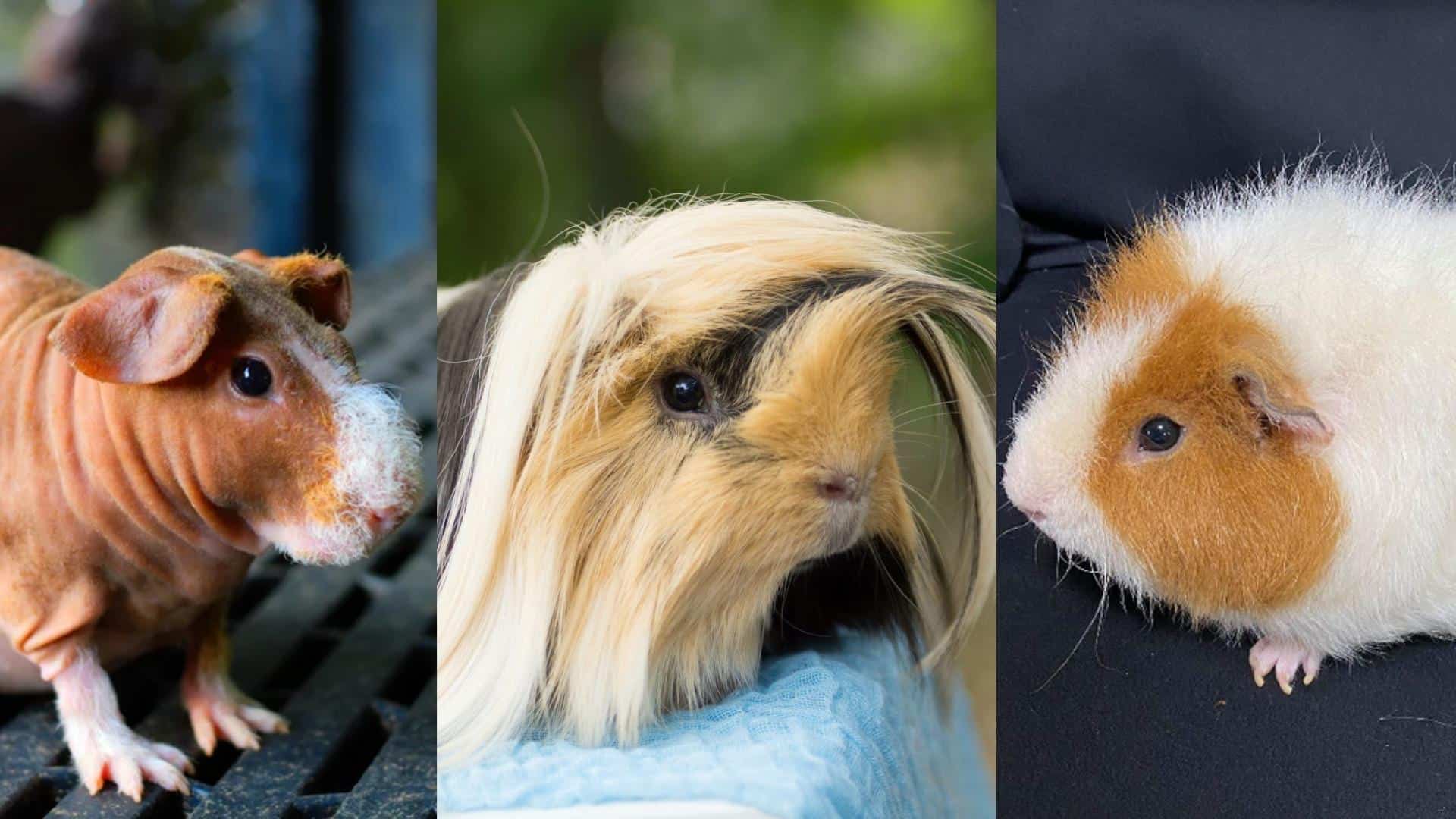
1. Peruvian Guinea Pig
Origin: Peru
Speciality: Extremely long, flowing hair that can grow to floor length, giving them a stylish appearance.
2. Skinny Pig
Origin: Laboratory breeding in Canada
Speciality: Almost completely hairless body except for some fur on their face and feet, with warm, soft skin.
3. Teddy Guinea Pig
Origin: United States
Speciality: Dense, short fur that stands up away from their body, giving them a cuddly teddy bear-like appearance.
Other Unique Breeds to Consider
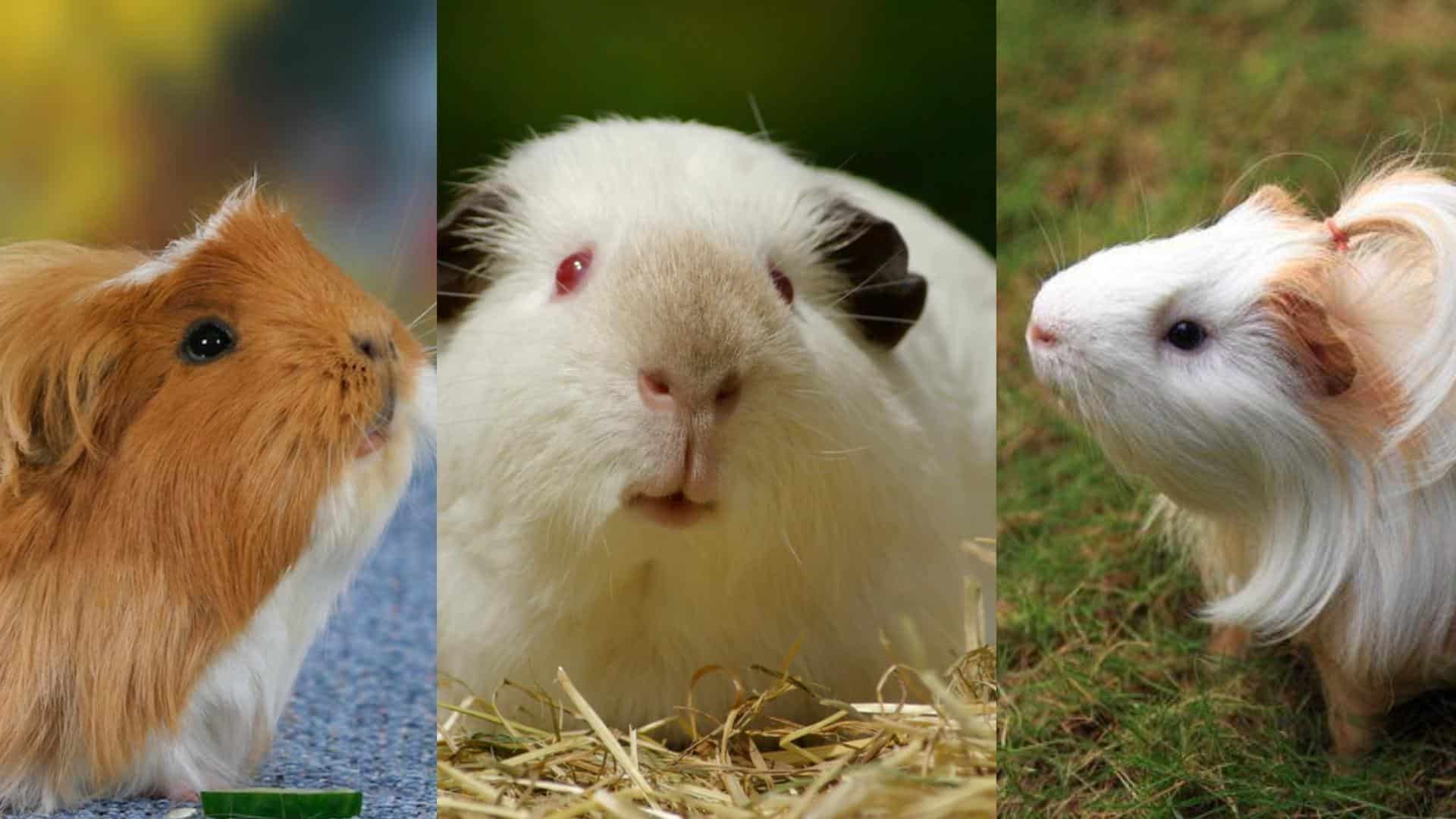
1. Coronet Guinea Pig
Origin: United Kingdom
Speciality: Long, flowing hair with a distinctive crown-like swirl or crest on their forehead.
2. Himalayan Guinea Pig
Origin: Southeast Asia
Speciality: Special coloring with a white body and dark points on ears, nose, and feet, similar to Siamese cats.
3. Silkie Guinea Pig
Origin: United Kingdom
Speciality: Long, smooth hair that flows straight back without any rosettes, creating a sleek, shiny appearance.
Care Requirements for Your Guinea Pig
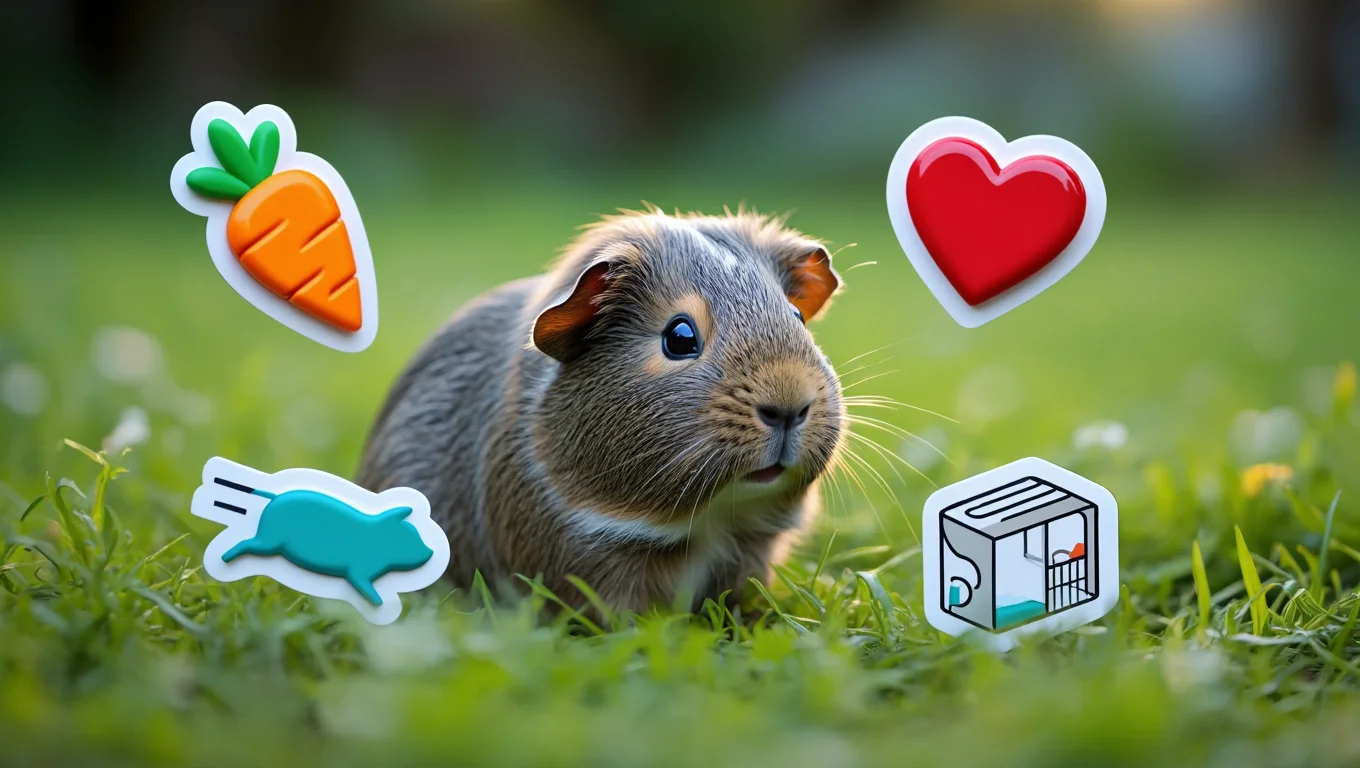
Guinea pigs need daily care and attention to stay healthy and happy. These small pets have specific needs that every owner must understand.
1. Housing and Cage Setup
Guinea pigs need large cages with at least 7.5 square feet for one pig. Use paper-based bedding and clean the cage weekly to prevent smells and health problems.
2. Diet and Nutrition
Feed your guinea pig unlimited timothy hay, fresh vegetables daily, and measured guinea pig pellets. Always provide clean, fresh water in a sipper bottle.
3. Physical Activity and Exercise
Guinea pigs need daily floor time outside their cage in a safe, supervised area. This helps them exercise their legs and explore new surroundings.
4. Training and Socialization
Handle your guinea pig gently each day to build trust. Guinea pigs are social animals who need regular interaction with owners or other guinea pigs.
5. Health and Vet Needs
Find a vet who treats small animals before you need one. Guinea pigs need yearly checkups and can have hidden health problems.
6. Toys and Enrichment
Provide chew toys, tunnels, and hiding spots for mental stimulation. Guinea pigs enjoy simple toys like cardboard tubes and paper bags.
7. Special Considerations for Females
Female guinea pigs can get pregnant as young as 4 weeks old. If not bred before 8 months, females may have birthing problems due to their pelvic bones fusing.
Pros and Cons of Keeping a Guinea Pig as a Pet
Here’s a quick look at the good and not-so-good things about having a guinea pig as a pet to help you decide if it’s right for you.
| Pros | Cons |
| Friendly and easy to handle | Needs daily cleaning and care |
| Doesn’t need a lot of space | Can get sick if not fed the right food |
| Fun to watch and makes cute sounds | Doesn’t like being alone—needs a buddy |
Do Guinea Pigs Get Along with Other Pets?
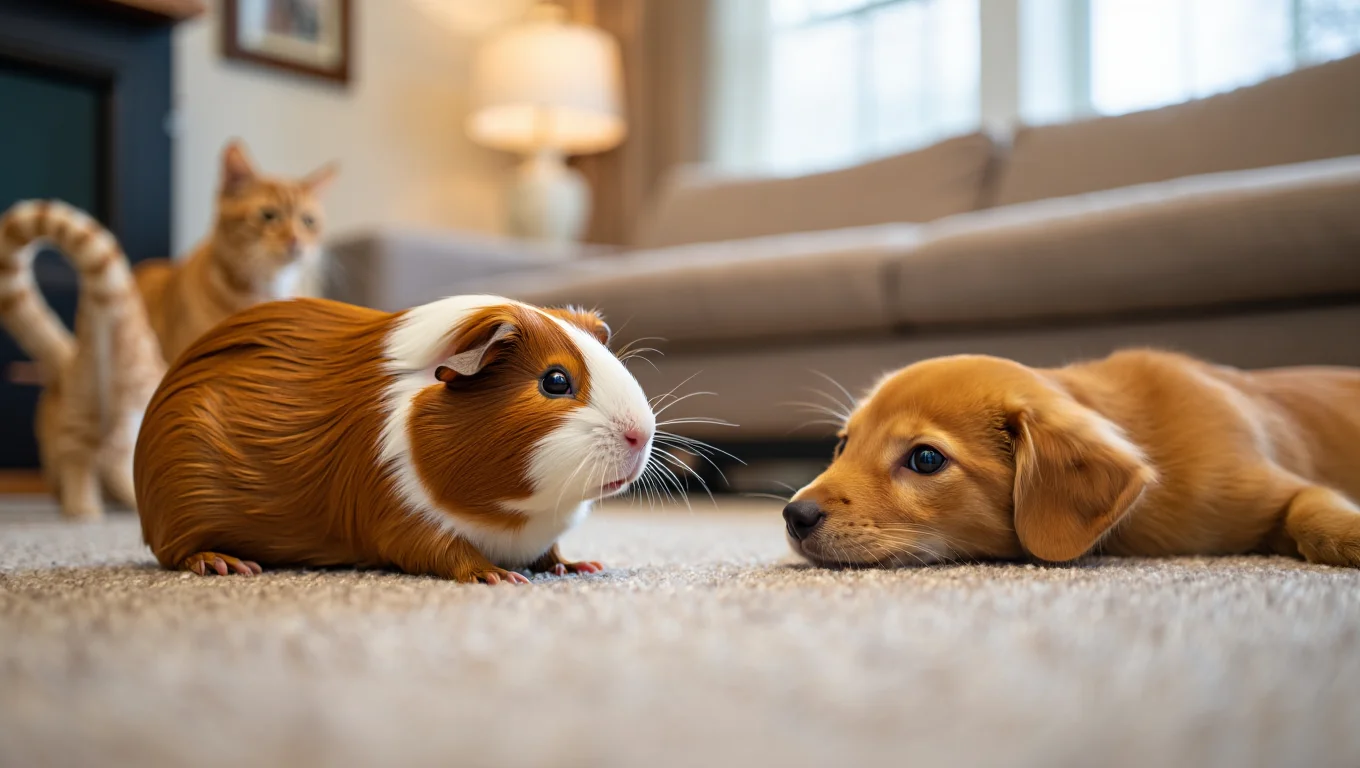
Guinea pigs can live with other pets in the same home, but they need careful introductions and supervision. How they get along depends on both animals.
- Cats: Cats may see guinea pigs as prey. Keep them separated or closely watched when together.
- Dogs: Some calm dogs can be good with guinea pigs. Train dogs first and never leave them alone together.
- Rabbits: Rabbits and guinea pigs should not live in the same cage. They can hurt each other and have different needs.
- Other Guinea Pigs: Guinea pigs are social animals. They like living with other guinea pigs of the same sex.
Always put your guinea pig’s safety first when introducing them to other pets. Slow introductions work best.
Safe Introduction Tips with Family
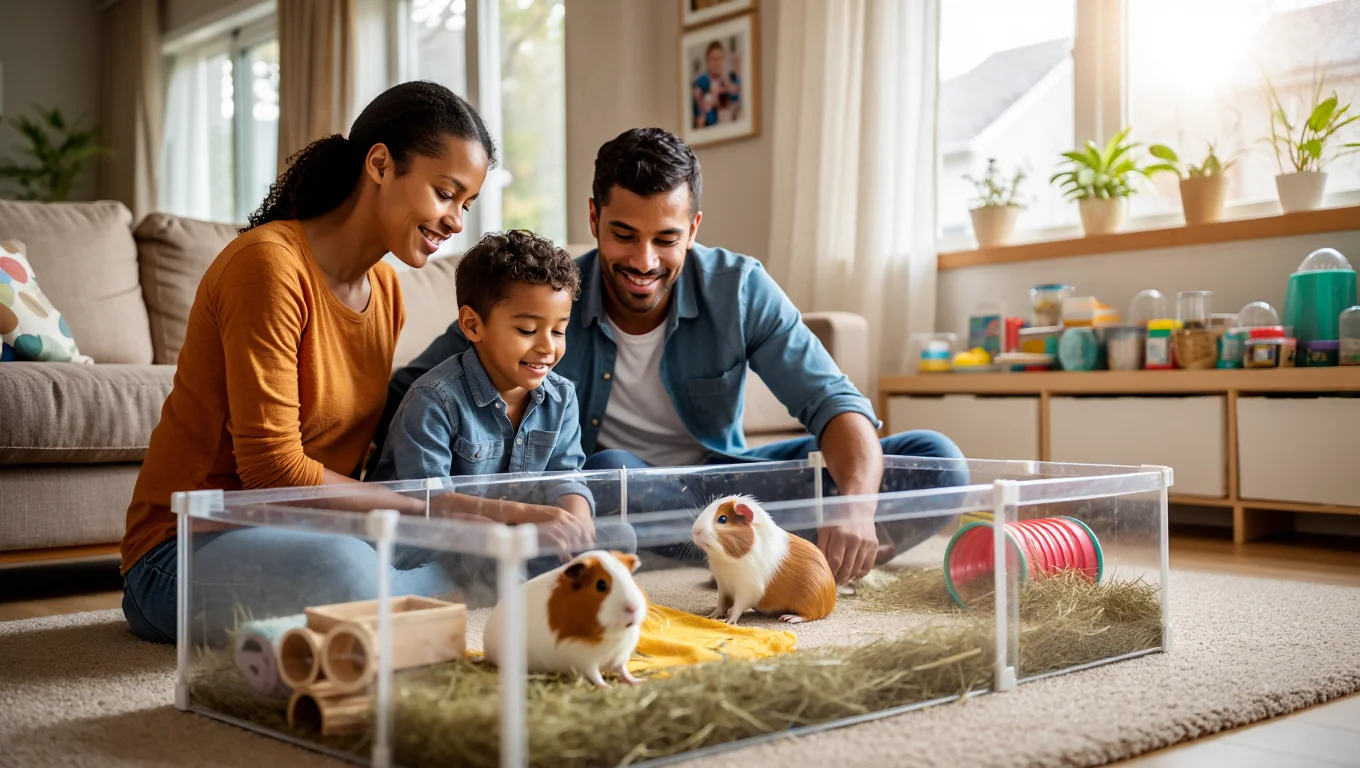
Guinea pigs make excellent pets for families with children. They are gentle, rarely bite, and make cute sounds. Kids age 8 and older can help with most care tasks, while younger children (5-7) can help with simple jobs under supervision.
Parents should always supervise young children with guinea pigs. Never leave small children alone with these pets. Teach kids to hold guinea pigs properly – supporting both the bottom and chest.
Make sure children wash their hands before and after handling.
Guinea pigs teach kids important lessons about animal care. Children can learn about feeding schedules, cage cleaning, and watching for signs of illness.
Start with one task at a time and add more as they show they can handle the responsibility.
Fun Facts About Guinea Pigs
Here are some fun facts about Guinea Pigs which may surprise and make you laugh at the same time:
- Guinea pigs aren’t pigs at all – they’re rodents from South America.
- They make a happy sound called “popcorning” while they hop and twist in the air.
- A guinea pig’s teeth never stop growing throughout its life.
- These furry friends can remember their own names and come when called.
- Guinea pigs can see almost all the way around themselves without turning their heads.
- They were kept as pets by the Incas more than 3,000 years ago.
- Baby guinea pigs are born with fur and open eyes, ready to learn about the world!
These amazing little creatures make wonderful pets with their big personalities and lovable quirks.
Final Thoughts
Now you know all about guinea pigs as pets! These small, friendly animals can bring lots of joy to your home. Remember that guinea pigs need daily care, fresh food, and clean cages.
Guinea pigs like company, so getting two is often better than one. They need hay, vegetables, and special guinea pig food to stay healthy.
Don’t forget about vet visits to keep your mini-furry friend feeling good.
Some people love that guinea pigs are awake during the day and make cute sounds. Others might find cleaning cages too much work. Think about your home, time, and family when deciding.
Whatever you decide, make sure to do what’s best for both you and the animal.
If you’re interested in more informational content on pets and animals, feel free to click here and explore other blogs that you might enjoy.

